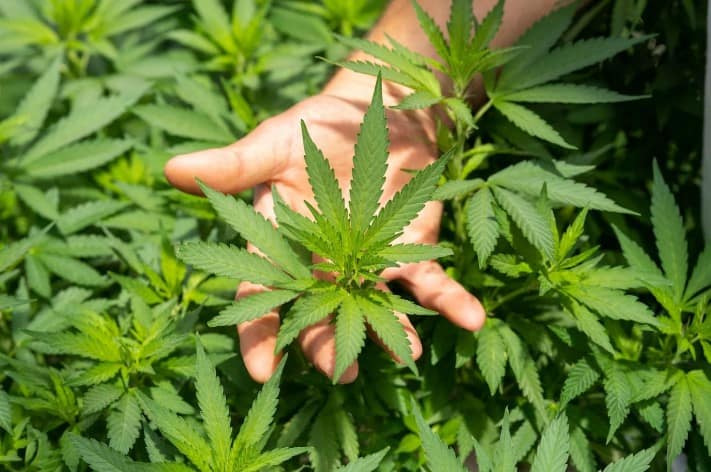CBD is commonly used to treat pain, anxiety, sleeplessness, and other diseases. Due to rising consumer demand, the worldwide CBD industry is predicted to reach$148.9 billion by 2031 from $13.4 billion in 2020.
Many countries and states present legal hurdles and uncertainty for CBD oil business owners. CBD laws change frequently, confusing and risking entrepreneurs. We’ll discuss the legal potential and challenges of the CBD business in this guide.
Legal Status of CBD
CBD’s legality varies on the plant’s source, THC content, intended usage, and jurisdiction. Cannabis’ psychoactive component, THC, generates a “high” feeling. Current federal law prohibits CBD products with more than 0.3% THC, but the 2018 Farm Bill legalizes those with less. Some states allow no cannabis use, while others have more rigid CBD rules.
Other countries have complex and different CBD laws. CBD is authorized for medical and recreational use in Canada under the Cannabis Act if it meets specific standards. CBD made from industrial hemp with less than 0.2% THC is permitted in the EU, but some member states have limits. The Indian Narcotic Drugs and Psychotropic Substances Act outlaws cannabis cultivation, manufacturing, possession, sale, and consumption, including CBD. Ayurveda does not accept CBD.
Thus, CBD business owners must understand the legal status of CBD in their target markets and follow the law. They must also track legislative changes and adjust.

Legal Challenges and Risks
CBD entrepreneurs confront several legal issues that can hurt their firms. Common legal issues include:
1. Banking and Financing
Due to cannabis’ federal illegality and authorities’ unclear advice, many banks and financial institutions refuse to serve CBD firms. CBD entrepreneurs struggle to get bank accounts, get loans, handle payments, and raise cash.
2. Marketing and Advertising
CBD companies must follow FDA, FTC, and DEA standards while selling and advertising their goods. CBD products cannot make health claims or be sold as dietary supplements without FDA approval. CBD firms must also observe Google, Facebook, and Amazon restrictions restricting or prohibiting product promotion.

3. Product Quality and Safety
CBD companies must guarantee their products are safe, effective, constantly stent, and meet regulator and customer criteria. Contaminants, pollutants, and inconsistent testing and labeling threaten CBD product quality and safety. CBD companies may face product responsibility lawsuits, recalls, and enforcement actions if their goods injure or break laws.
Legal Opportunities and Strategies
Regardless of the legal issues, there are plenty of ways for CBD entrepreneurs to prosper and expand in the sector. The likely methods and possibilities are:
1. Market Research and Analysis
CBD businesses can conduct market research and analysis to determine client demands and preferences, industry trends and prospects, and market gaps and niches. They can also analyze their target markets’ legal competitive environments and formulate a company plan and marketing strategy.
2. Product Development and Innovation
CBD companies may seek to reengineer products by offering distinct value, differentiation, and meeting clients’ needs. They may experiment with CBD-infused drinks, cosmetics, pet products, and health items and leverage nanotechnology, biotechnology, and blockchain to enhance product quality and effectiveness.

3. Legal Compliance and Risk Management
CBD firms can follow proper industrial best practices for legal compliance and risk management, getting licenses and permissions, maintaining proper records and documentation, and asking the company attorney to help. They may use third-party testing, certification, and labeling to ensure good product quality and safety and foster trust from customers and regulators.
5. Partnerships and Collaborations
CBD firms might work with farmers, processors, distributors, retailers, researchers, and promoting parties for synergies and resource exchange while expanding their network or coverage. They entered all the related industry bodies like the National Hemp Association, Hemp Industries Association, and U.S. Hemp Roundtable to access information, exposure, support, and proper campaigning.

Conclusion
Although lucrative and promising, CBD companies face several legal difficulties and uncertainties. Managers of the CBD business must manage the legal landscape carefully and tactically, taking some advantages and strategies into consideration. They can overcome legal difficulties and develop in the CBD sector.


